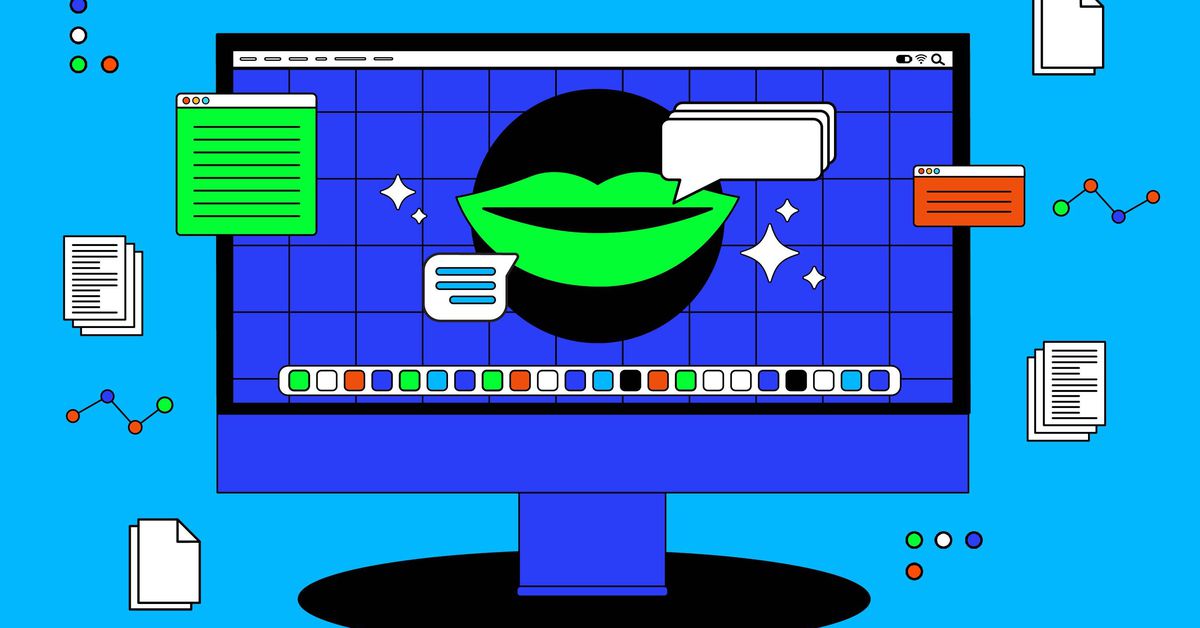## Chatbots Are Stepping Into the Classroom, but Are They Ready to Teach?
The rise of artificial intelligence (AI) is transforming many aspects of our lives, and education is no exception. Now, chatbots – sophisticated AI programs that can communicate and generate human-like text – are entering the classroom, offering a new approach to learning.
While some experts see this as a revolutionary opportunity to personalize education and make it more accessible, others are raising concerns about the potential limitations and ethical implications of relying on AI for teaching.
One of the key advantages of chatbot teachers is their ability to provide personalized learning experiences. They can tailor their lessons to the individual needs and pace of each student, offering immediate feedback and explanations. This can be particularly beneficial for students who struggle with traditional teaching methods or those who learn at a different pace.
Furthermore, chatbots are capable of delivering information on a wide range of topics, making them ideal for self-paced learning and supplemental instruction. They can also offer 24/7 availability, providing students with access to learning materials at any time.
However, there are legitimate concerns surrounding the use of chatbots in education. Some argue that AI lacks the human connection and emotional intelligence necessary for effective teaching. They question whether chatbots can truly understand and cater to the complex needs of students, particularly those with learning disabilities or emotional challenges.
Moreover, there are ethical questions surrounding the use of AI in education. For example, who is responsible for the content and accuracy of information delivered by chatbots? How can we ensure that AI algorithms are free from bias and promote diversity and inclusivity?
Ultimately, the future of chatbots in education remains uncertain. While they offer exciting possibilities for personalized and accessible learning, it is crucial to carefully consider the potential downsides and develop ethical frameworks for their implementation. The success of chatbot teachers will depend on our ability to leverage their strengths while mitigating their limitations, ensuring that AI complements, rather than replaces, the crucial role of human educators in the classroom.

